Is there a way to invalidate / clear cached content on Cloud CDN from my express server?
For example, if I'm generating server rendered content to make it readily available and I update a specific route from my website, like editing a blogPost, for example. I need to do the following:
export const editBlogPostHandler = (req,res,next) => {
// 1. UPDATE BLOGPOST WITH SLUG some-blogpost-slug ON DB
// 2. INVALIDATE /some-blogpost-slug ROUTE ON CLOUD CDN CACHE
// THIS IS NECESSARY FOR NEW REQUESTS TO GET FRESH DATA RATHER THAN A STALE DATA RESPONSE
};
How can I do that from my express server?
From Cloud CDN - Invalidating Cached Content:
You can invalidate cached content from Cloud CDN through these methods:
- Using the console:
- Using
gcloudSDK:

